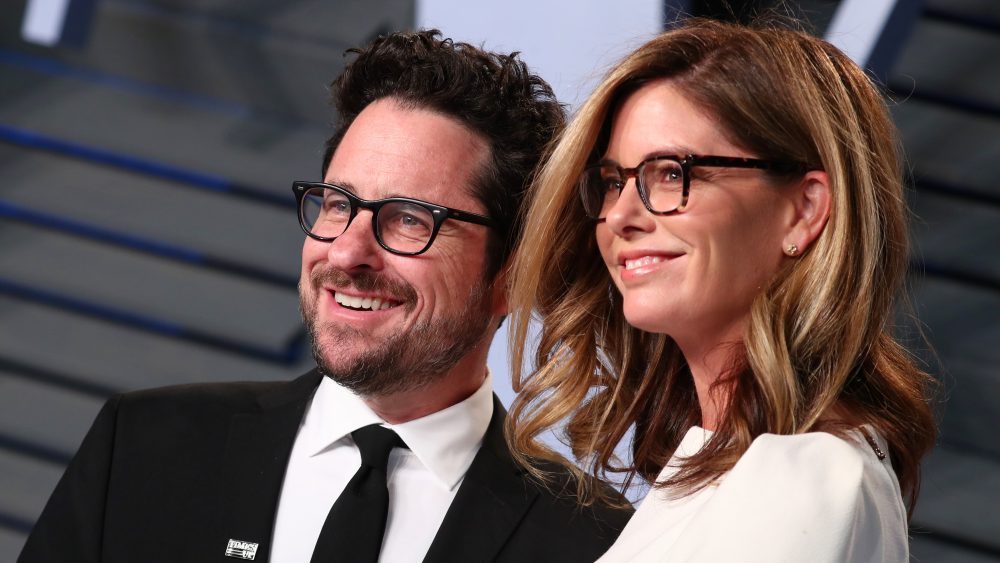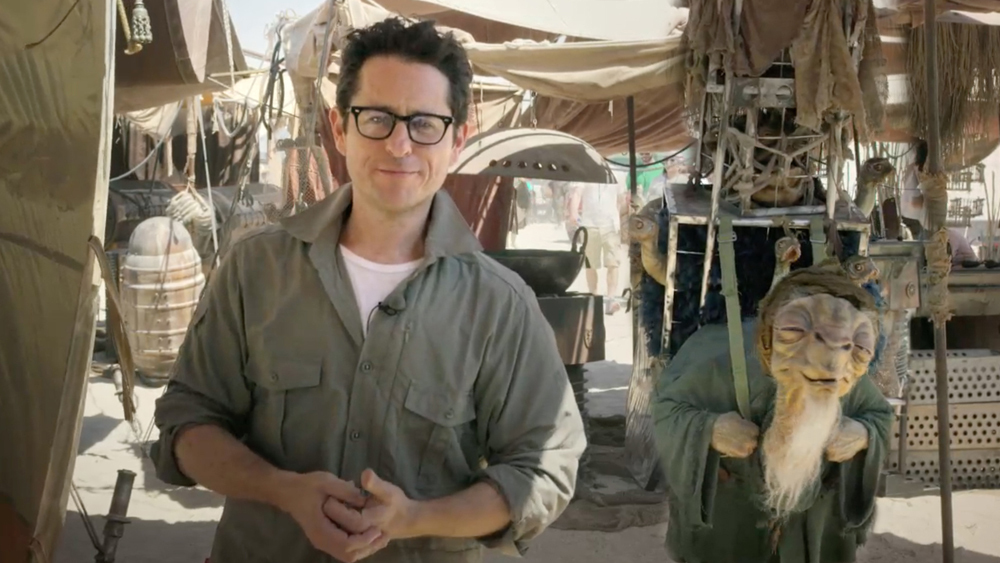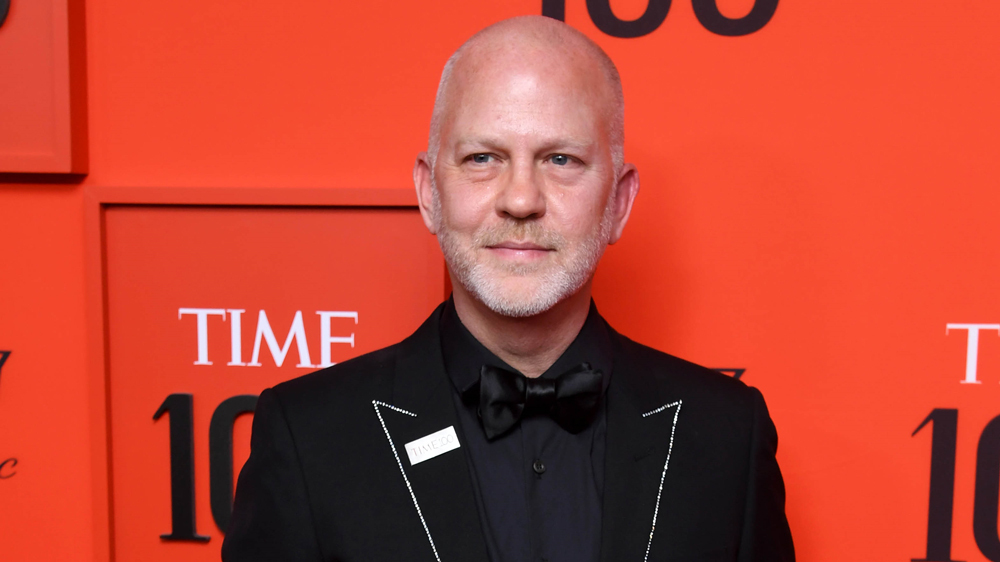Have you ever imagined being handed $500 million? That’s quite a sweet instance that pretty sure no one can turn their back to … well, except the famous director JJ Abrams.
The filmmaker and his wife recently made the headlines after inking a very lucrative deal, however, the sum is far less than what was initially offered to them. That said, the couple’s decision is really intriguing, read on to find out why they opted for a lower offer.
$250-Million Deal
JJ and business partner and in life Katie McGrath accepted a $250-million offer from WarnerMedia, a year after throngs of giant studios and tech companies serenaded the couple to get on their side.
With the brand they chose, their production company, Bad Robot, and the director will be able to produce and develop TV, video, film, digital projects, and games for other divisions such as HBO, Warner Bros., and the upcoming streaming platform HBO Max.

JJ Abrams and wife Katie McGrath declined a $500-million deal
As per insiders, the five-year deal of Bad Robot and WarnerMedia will be the first time JJ’s works in films and TV will be under the same company. It is worth noting that the Warners has been his TV home in the past 13 years, but apart from this factor, it couldn’t have been the money that became the deciding factor. After all, there a lot of companies that courted the couple surely with big offers, too.
Apple’s Offer
One of the horses in the race was reportedly Apple, which was said to be ready to shell out at least a whopping $500 million to sign the production company. If you do the math, that figure is two times than what WarnerMedia offered to the director. But as per hearsays, the duo wasn’t really interested with signing an exclusive pact with the tech giant for its Apple TV Plus, a streaming service.

Star Wars is set to see light in December
Think of it this way: with Apple, JJ is will not be allowed to work with other studios like Paramount and Disney, while TV projects couldn’t be sold to other outlets. This was extremely important for the director since he still has developing projects with Paramount – his Star Wars film will be dropping in December.
The Down Side
That’s not all, sources say that the Cupertino, California-based company’s lack of franchises for the filmmaker to work with has become a key point in declining the offer. If you think about it, JJ has been creating works around continuations and adaptations like Star Trek and Star Wars. Bad Robot’s team also found it unattractive that Apple has a questionable commitment to theatrical releases, too.

Ryan Murphy inked a $300-million deal with Netflix
Additionally, the $250 million was just a starting point with WarnerMedia. Compared to what Ryan Murphy ($300 million) and Greg Berlanti ($400 million) got from Netflix and Warner Bros. TV respectively, JJ’s was relatively lower. However, the possibilities with the more flexible deal he has inked are endless.
The recent agreement proves that traditional studios and networks still have a fight against streaming-centered companies. To be fair, big streamers are finding it hard to calm directors who are asking for a theatrical release.
